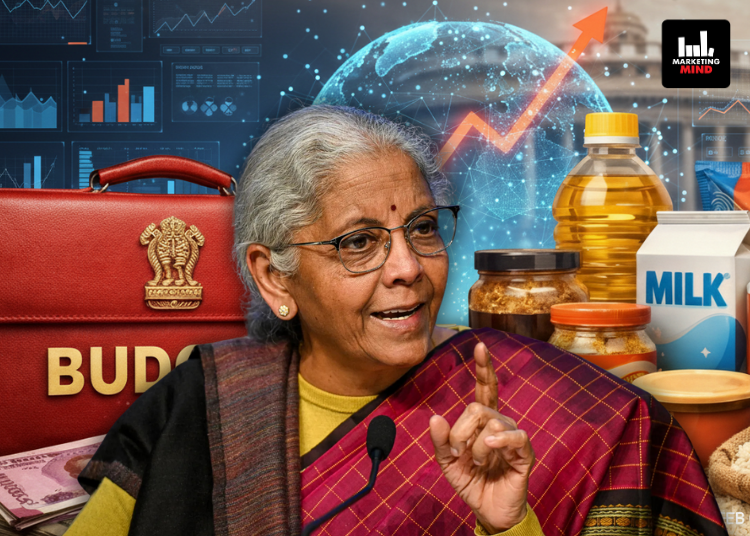Have you ever wondered why products that you tend to buy always costs with a 99 in end, for example, the why smartphones that are having millions of sales these days has prices tagged as Rs 8999 and Rs 11999 when they can simply round it off as Rs 9000 and Rs 12000? Brands use psychological pricing strategies to attract customers and make them spend their valuable money. One such method of clever marketing is pricing the product in such a way that it looks affordable to the person who is buying it.

This happens due to the fact that we humans are emotional beings and we make decisions based on our emotions. Along with psychological pricing, many other pricing strategies are used to make the use of consumers’ emotional side. All pricing strategies create an illusion in the mind of customers and they appear cheaper than they are actually in reality.

Along with the emotional factor, another reason for having such prices is that a human brain processes the figures and prices from the left-most digit first, and if the left-most digit is less their is a big chance that we will but the product as compared to the one which has high value as the first digit.

This is one of the oldest tricks in marketing but still works in the modern world. Not only the big brands but a normal shopkeeper also knows this trick and uses the power of digit 9 in great ways. Below are some more price psychological pricing strategies that companies use:
Price anchoring
Another popular pricing technique that can help you to sell any product. If you want to sell a watch having a price of Rs 2000, place it right next to a Rs 5000 watch. A common mind has the habit of comparing things and the product with less price has more chance to be sold.
Split pricing
Lower price always attracts consumers. For example, you can make a Rs 6000 item appears cheaper if we price Rs 1500 per month. The Rs 1500 tag looks cheaper than the Rs 6000 price. So, split pricing can also help you to increase the sales of any product.
Do let us know what you think about these psychological marketing strategies that companies use to increase their sales and profits.
















